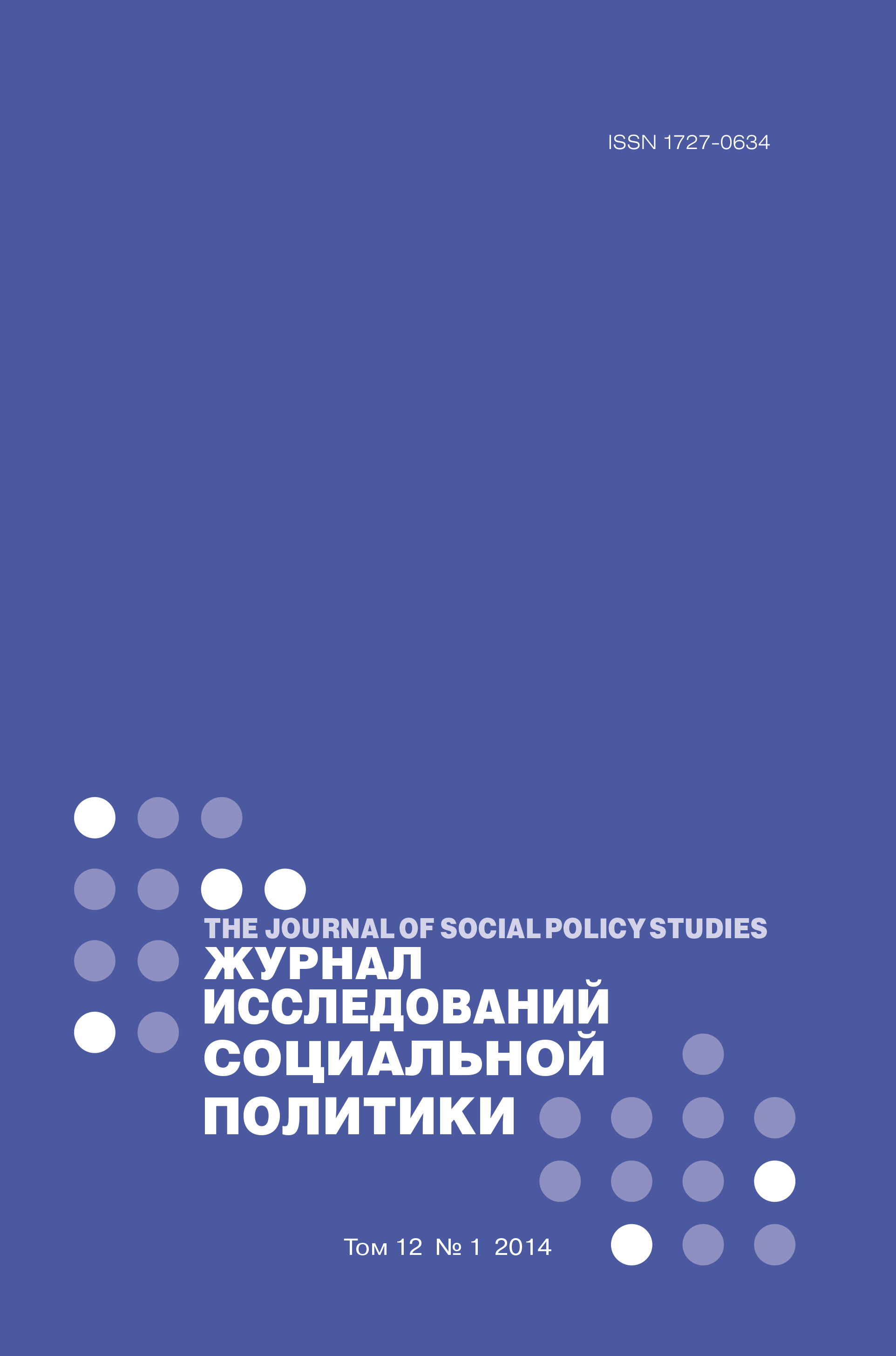Welcome to Sergeichburg: Disability, Crip Performance, and the Comedy of Recognition in Russia
Abstract
This article contributes to recent scholarly work on disabled identity in the Russian public sphere. Understanding disability as culturally contingent, this article offers a close reading of the online videos and television appearances of disabled Russian comedian Sergei (Sergeich) Kutergin in order to theorize the cultural locations of Russian disabledness. One particularly compelling rap parody video, titled "Welcome to Sergeichburg!", takes center stage here, alongside the comedian's appearances on the show "Comedy Battle". This article considers two possible interpretations of Kutergin's comedy: (1) as transgressive utterances that draw attention to prejudice against people with disabilities, or, (2) as assimilationist performances that reinforce dominant logics of Russian masculinity and heterosexism.
Televised comedy can rupture the normative representation and behavior of Russians toward people with disabilities. Crip theory, as proposed by Robert McRuer, already considers comedy an important tool in undoing ableism, so we might consider Sergeich's comedy is part of a broader idiom of disabled performance that forces an (often able-bodied) audience to relate to the experiences of disabled persons. This comedy forces the audience to recognize the performer's citizenship and the experience of discrimination that disabled people face. At the same time, it allows the audience to laugh, and to encounter the performer's body through humor, rather than pity.
The Russian context has long marginalized and isolated people with disabilities; this makes Sergeich's appearance on popular television significant as a representation of a person with disabilities who is an active agent, rather than the frequent representation of the disabled as needy in news media. Sergeich offers an alternative - the disabled Russian man as a talented fellow citizen. Sergeich's comedy, seen through the lens of Michael Warner's theory of publics combined with crip theory, opens the possibility for the modern Russian stranger to be non-able-bodied. But, while Sergeich's performances seem to draw him into the Russian public, they do not necessarily make room for other non-normative bodies. This article asks whether or not we might consider Sergeich's work crip in the meaning of western scholars, and gestures to the difficulty of translating theoretical concepts across cultural lines.















